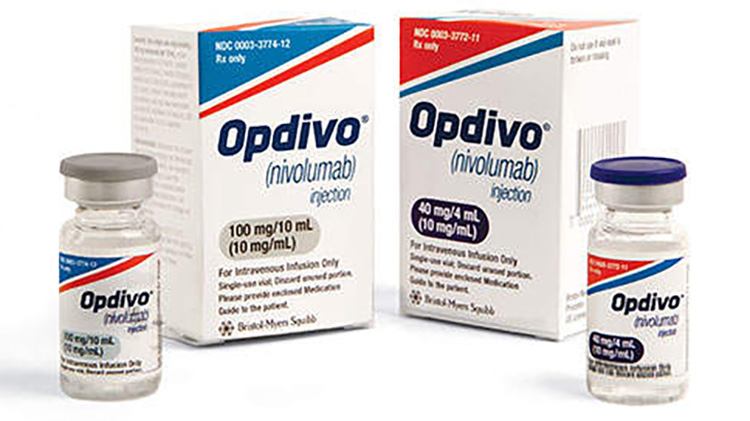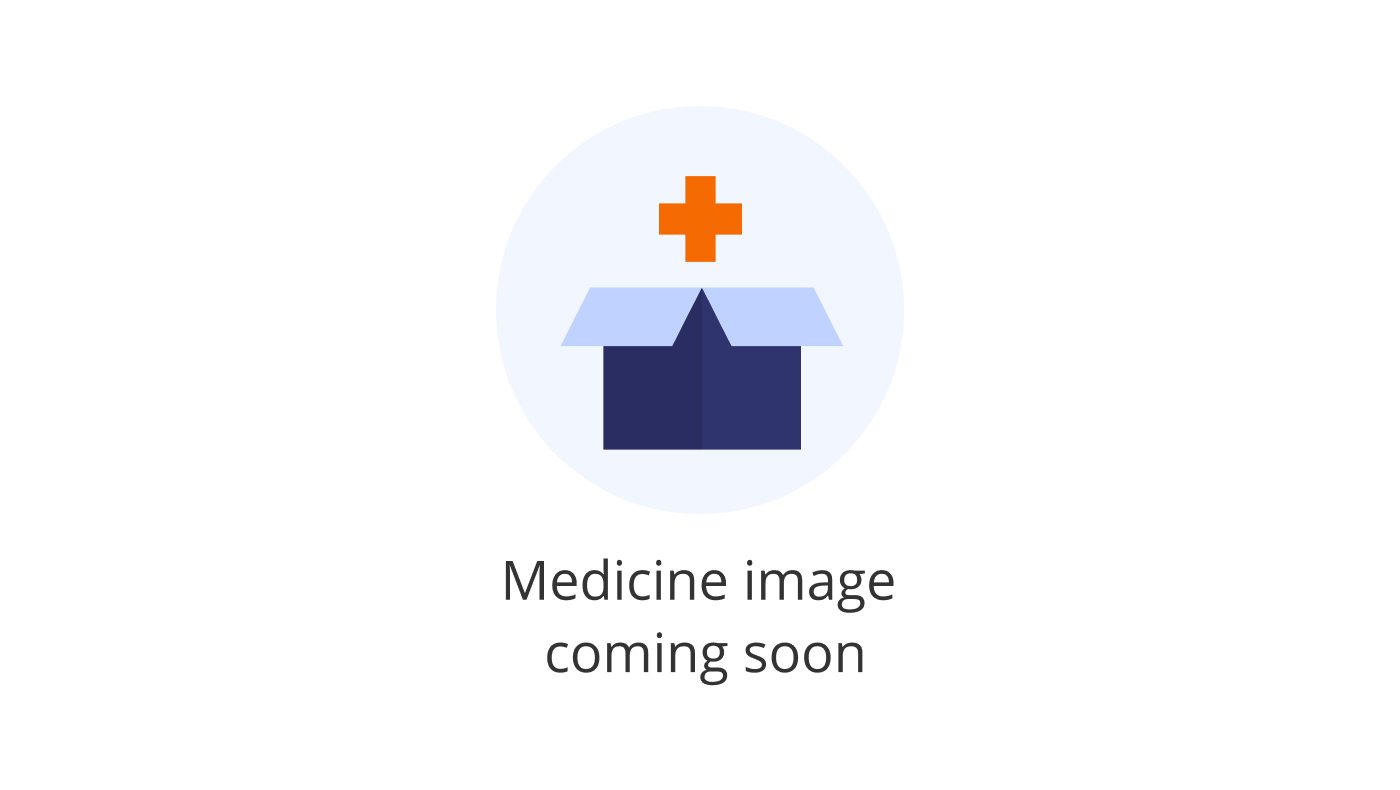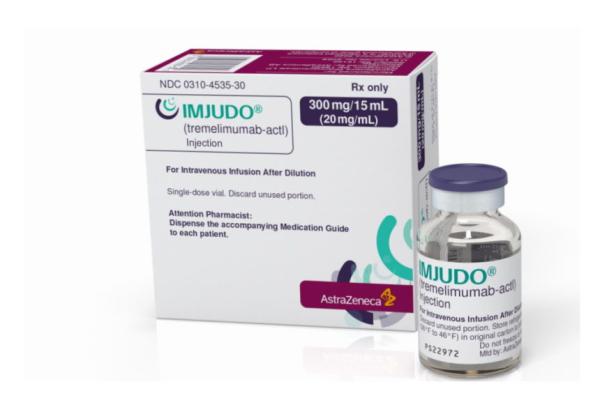New Liver Cancer treatments 2024
New Liver Cancer Treatments 2024
Liver cancer, also known as hepatic cancer, is a condition where malignant cells form in the tissues of the liver, a vital organ responsible for many critical functions, including detoxification, protein synthesis, and the production of biochemicals necessary for digestion. The most common type of liver cancer is hepatocellular carcinoma (HCC), which originates in the main type of liver cell, the hepatocyte. Other less common types include intrahepatic cholangiocarcinoma and hepatoblastoma. Risk factors for liver cancer include chronic infection with hepatitis B or C virus, cirrhosis, certain inherited liver diseases, and exposure to aflatoxins. Symptoms may not be present in the early stages, but as the disease progresses, symptoms such as weight loss, upper abdominal pain, jaundice, and fatigue can appear.
When considering treatment options for liver cancer, it is crucial to consult with a healthcare professional to determine the most appropriate approach based on the stage of the cancer, liver function, and overall health. Treatment options may include surgery (such as resection or liver transplant), localized treatments like ablation or embolization, systemic therapies like chemotherapy or targeted therapy, and immunotherapy. Targeted therapy drugs like sorafenib and lenvatinib have been approved for the treatment of advanced HCC and work by targeting specific aspects of cancer cells that allow them to grow and proliferate. Immunotherapy, which uses the body's immune system to fight cancer, is another option with drugs like nivolumab and pembrolizumab showing promise in certain cases. It is important to discuss the potential benefits and risks of each treatment option, as well as the possibility of participating in clinical trials that offer access to cutting-edge therapies.

Treatment options
| Treatment option | Estimated cost | Efficacy | Eligibility |
|---|---|---|---|
| Surgery (Resection) | Varies widely | Can be curative for early-stage | Localized liver cancer, adequate liver function |
| Liver transplant | Varies widely | Can be curative | Early-stage liver cancer, specific criteria met |
| Radiofrequency ablation | $3,000 - $15,000 | Effective for small tumors | Small tumors not near major blood vessels |
| Transarterial chemoembolization (TACE) | $7,000 - $20,000 | Can prolong survival for intermediate-stage | Intermediate-stage liver cancer |
| Systemic chemotherapy | $1,000 - $12,000 | Varies, generally low | Advanced liver cancer, depending on health status |
| Targeted therapy (e.g., Sorafenib) | $5,000 - $10,000 | Can prolong survival for advanced-stage | Advanced liver cancer |
| Immunotherapy (e.g., Nivolumab/Opdivo) | $13,000 - $30,000 | Can be effective, particularly in PD-L1 positive tumors | Advanced liver cancer, specific biomarkers |
| Immunotherapy (e.g., Pembrolizumab/Imjudo) | $13,000 - $30,000 | Can be effective, particularly in PD-L1 positive tumors | Advanced liver cancer, specific biomarkers |
| Targeted therapy (e.g., Lenvatinib/Lenvima) | $17,000 - $22,000 | Can prolong survival for advanced-stage | Advanced liver cancer |
| Experimental treatments (Clinical trials) | Often covered by the study sponsor | Varies, unknown until trials are complete | Varies by trial, often advanced liver cancer after other treatments |
Treatments options in detail
Surgical Treatments
Surgical options are often considered for patients with liver cancer, particularly in cases where the cancer is localized and the patient's liver function is good. The two main surgical procedures are hepatectomy, where part of the liver is removed, and liver transplant, where the entire liver is replaced with a donor organ. Liver transplant is typically reserved for cases where the cancer has not spread beyond the liver and the patient meets specific criteria.
Ablative Therapies
Ablative therapies are used to destroy tumors without removing them. These treatments are often used for patients who may not be good candidates for surgery. Radiofrequency ablation (RFA) and microwave ablation (MWA) use heat to destroy cancer cells, while cryoablation uses cold. Percutaneous ethanol injection (PEI) involves injecting alcohol directly into the tumor to kill cancer cells.
Embolization Treatments
Embolization treatments are procedures that help to cut off the blood supply to the cancer cells. Transarterial chemoembolization (TACE) combines chemotherapy with embolization. Transarterial radioembolization (TARE), also known as selective internal radiation therapy (SIRT), uses tiny radioactive beads to deliver radiation directly to the tumor. These treatments are often used for patients with larger or multiple tumors that cannot be treated with ablation.
Radiation Therapy
Radiation therapy uses high-energy rays to kill cancer cells. Stereotactic body radiation therapy (SBRT) is a type of radiation therapy that can deliver high doses of radiation to the liver tumor while minimizing damage to surrounding healthy tissue. This treatment is an option for those who cannot have surgery or ablative therapies.
Systemic Chemotherapy
Systemic chemotherapy is not commonly used as the primary treatment for liver cancer due to its limited effectiveness and the risk of liver damage. However, it may be used in some cases, particularly for advanced liver cancer or when the cancer has spread to other parts of the body.
Targeted Therapy
Targeted therapy drugs work by targeting specific pathways or proteins involved in the growth and spread of cancer cells. Sorafenib (Nexavar) was the first targeted therapy approved for advanced liver cancer. More recently, regorafenib (Stivarga) and cabozantinib (Cabometyx) have been approved for use in patients who have previously been treated with sorafenib.
Immunotherapy
Immunotherapy is a type of cancer treatment that helps the immune system fight cancer. Nivolumab (Opdivo) and pembrolizumab (Keytruda) are immunotherapy drugs that have been approved for use in certain patients with advanced liver cancer. These drugs are checkpoint inhibitors that work by blocking the PD-1 pathway, which some cancer cells use to avoid being attacked by the immune system.
Lenvatinib (Lenvima)
Lenvatinib (Lenvima) is a type of targeted therapy known as a multikinase inhibitor. It is approved for the first-line treatment of patients with unresectable hepatocellular carcinoma (HCC), the most common type of liver cancer. Lenvatinib works by blocking the action of certain proteins that promote the development of blood vessels that supply tumors with blood, thereby inhibiting tumor growth.
Tremelimumab (Imjudo)
Tremelimumab (Imjudo) is an experimental immunotherapy drug that is not yet approved by the FDA for the treatment of liver cancer. It is a monoclonal antibody that targets the CTLA-4 protein on T cells, another checkpoint inhibitor similar to those that target the PD-1 pathway. Clinical trials are ongoing to determine its efficacy and safety for liver cancer patients.
Combination Therapies
Recent advances in liver cancer treatment involve the use of combination therapies. For example, the combination of atezolizumab (Tecentriq), an immunotherapy drug, and bevacizumab (Avastin), a targeted therapy, has been approved for the treatment of patients with unresectable or metastatic HCC who have not received prior systemic therapy. Clinical trials are also exploring the combination of nivolumab (Opdivo) with ipilimumab (Yervoy), another immunotherapy drug, in the treatment of liver cancer.
Off-Label and Experimental Treatments
Off-label use of drugs refers to the use of FDA-approved drugs for an unapproved indication. In the context of liver cancer, certain drugs approved for other types of cancer may be used off-label when standard treatments are not effective or suitable. Additionally, experimental treatments, such as new targeted therapies, immunotherapies, or combination regimens, are being tested in clinical trials. Patients may consider enrolling in these trials to access cutting-edge treatments that are not yet widely available.
Supportive Care
Supportive care, also known as palliative care, is an important component of liver cancer treatment. It focuses on relieving symptoms and improving the quality of life for patients at any stage of their disease. This may include pain management, nutritional support, and psychological support. Supportive care can be provided alongside curative or other treatments.
Conclusion
Treatment options for liver cancer are diverse and can be tailored to the individual patient's situation. The choice of treatment depends on several factors, including the stage of the cancer, liver function, overall health, and the presence of specific molecular markers. Patients should discuss all available options, including standard treatments, off-label use, and participation in clinical trials, with their healthcare team to determine the best course of action for their particular case.
Symptoms
Common Symptoms of Liver Cancer
Liver cancer symptoms can vary from person to person, but some symptoms are more common than others. One of the most frequently reported symptoms is a pain in the upper abdomen on the right side, where the liver is located, or near the right shoulder blade. This pain can range from mild to severe and may be constant or intermittent.
Another common symptom is a feeling of fullness or bloating in the abdomen, even after a light meal or without eating much. This sensation is often due to an enlarged liver or spleen, which can be a result of the growing cancer.
Unintended weight loss is also a typical symptom associated with liver cancer. Patients may notice that they are losing weight without trying, which can be a sign of cancer or other health issues.
Jaundice, which is characterized by yellowing of the skin and the whites of the eyes, is another frequent symptom. It occurs when the liver is unable to process bilirubin, a by-product of the breakdown of red blood cells. Jaundice may also cause urine to become dark in color and stools to be pale.
Fatigue, which is an extreme and persistent sense of tiredness that doesn't improve with rest, is also commonly reported by patients with liver cancer. This symptom can significantly impact daily activities and quality of life.
A loss of appetite or changes in taste can also be symptoms of liver cancer. Patients may find that they are no longer interested in eating, or foods may taste differently than before.
Nausea and vomiting are also symptoms that may be present in individuals with liver cancer. These symptoms can be distressing and may contribute to a loss of appetite and weight loss.
Less Common Symptoms of Liver Cancer
Some symptoms of liver cancer are less common but can still occur. These include fever, which may be intermittent and not associated with an infection. Fever in the context of cancer is often due to the body's immune response to the cancer cells.
Chills can also occur along with fever or independently. They may be a sign of the body's attempt to fight off the cancer.
Itching is another less common symptom that can be caused by the accumulation of bile products in the skin due to a blockage of bile flow by the liver tumor.
Swelling of the legs and ankles, known as edema, can occur when liver function is compromised. The liver plays a role in the production of albumin, a protein that helps maintain the oncotic pressure in the blood vessels. When albumin levels are low, fluid can leak into the surrounding tissues, causing swelling.
An enlarged liver, known as hepatomegaly, can sometimes be felt as a mass under the ribs on the right side. This enlargement may be due to the growing tumor or to other changes in the liver tissue.
Abnormal bruising or bleeding can occur if the liver's ability to produce clotting factors is impaired. This can lead to easy bruising or prolonged bleeding from minor cuts or injuries.
Ascites, the accumulation of fluid in the abdominal cavity, can also be a symptom of liver cancer. This condition can cause significant abdominal distension and discomfort.
Advanced Liver Cancer Symptoms
As liver cancer progresses to more advanced stages, symptoms can become more severe and debilitating. Confusion and cognitive changes can occur if toxins typically processed by the liver build up in the bloodstream and reach the brain, a condition known as hepatic encephalopathy.
Muscle wasting or weakness may become evident as the body's nutritional status deteriorates and cancer consumes more of the body's resources.
Advanced liver cancer can also lead to kidney failure, known as hepatorenal syndrome, when the kidneys stop functioning properly due to the advanced liver disease.
Increased severity of jaundice can occur, with the skin and eyes becoming more intensely yellowed, and other symptoms like itching may worsen.
Patients with advanced liver cancer may also experience severe weight loss and muscle wasting, known as cachexia. This condition is characterized by a dramatic loss of both fat and muscle tissue and can severely impact a patient's strength and immune function.
Finally, gastrointestinal bleeding can occur if the cancer causes blood vessels within the liver to rupture, or if it leads to the development of varices—enlarged veins in the esophagus or stomach that can bleed profusely.
It is important to note that these symptoms can also be caused by conditions other than liver cancer, and experiencing one or more of these symptoms does not necessarily mean that a person has liver cancer. However, if someone is experiencing persistent or severe symptoms, they should consult a healthcare professional for evaluation and possible diagnosis.
Cure
Curative Treatments for Liver Cancer
Liver cancer, specifically hepatocellular carcinoma (HCC), which is the most common type, may be curable in certain circumstances. The possibility of a cure depends on the stage of the cancer, the liver's function, the patient's overall health, and the availability of appropriate treatments. Curative treatments are generally most effective when the cancer is diagnosed early and is still localized within the liver.
Surgical Resection
Surgical resection, which involves the removal of the tumor along with a margin of healthy tissue, is considered a potentially curative treatment for liver cancer. This option is typically available to patients with a single tumor that has not invaded blood vessels and when the remaining liver tissue is healthy enough to function properly after surgery. The success of surgical resection depends on the surgeon's ability to remove all cancerous tissue and the liver's capacity to regenerate.
Liver Transplantation
Liver transplantation can be a curative treatment for liver cancer, particularly for patients with early-stage HCC who meet specific criteria known as the Milan criteria (one lesion smaller than 5 cm or up to three lesions each smaller than 3 cm, with no extrahepatic spread or vascular invasion). A liver transplant replaces the diseased liver with a healthy one from a donor, thus removing the cancer and providing a new liver that can function normally. However, the availability of donor organs is a significant limiting factor, and patients must undergo thorough evaluation to determine their eligibility for transplantation.
Ablative Therapies
Ablative therapies, such as radiofrequency ablation (RFA) and microwave ablation (MWA), use heat to destroy cancer cells. These treatments are less invasive than surgery and are often used for patients with smaller tumors who are not candidates for resection or transplantation. Ablation is most effective for tumors smaller than 3 cm. Cure rates for ablation are lower than those for surgery, but ablation can be a viable option when surgery is not possible.
Stereotactic Body Radiotherapy (SBRT)
Stereotactic body radiotherapy (SBRT) is a highly focused radiation therapy that delivers high doses of radiation to the tumor while minimizing damage to surrounding healthy tissue. SBRT can be an option for patients who are not candidates for surgery or ablation and have a limited number of small liver tumors. While SBRT is not typically considered curative, it can lead to significant tumor control and potential downstaging of the cancer, which may allow for curative treatments like surgery or transplantation.
Chemotherapy and Targeted Therapies
Chemotherapy, often in combination with targeted therapies, can be used to shrink tumors in the liver. While systemic chemotherapy is generally not curative for liver cancer, targeted therapies such as sorafenib, lenvatinib, and regorafenib have shown effectiveness in extending survival in patients with advanced HCC. These drugs target specific pathways involved in tumor growth and can be used as a bridge to surgery or transplantation in some cases.
Immunotherapy
Immunotherapy, which stimulates the patient's immune system to attack cancer cells, has emerged as a treatment option for advanced liver cancer. Drugs like nivolumab and pembrolizumab have been approved for use in HCC. While these treatments can lead to significant tumor shrinkage and potentially extend survival, they are not typically considered curative. However, in rare cases, patients may experience a complete response to immunotherapy.
Transarterial Chemoembolization (TACE) and Radioembolization
Transarterial chemoembolization (TACE) and radioembolization (also known as transarterial radioembolization or TARE with Yttrium-90 microspheres) are procedures that deliver chemotherapy or radiation directly to the liver tumor through the blood vessels. These treatments can be used to control tumor growth and alleviate symptoms, and in some cases, they may downstage the tumor to make surgery or transplantation possible. While not typically curative on their own, they play a role in the overall management of liver cancer.
Limitations and Considerations
While there are several potentially curative treatments for liver cancer, the reality is that most patients are diagnosed at a later stage when curative options are not feasible. In such cases, the focus shifts to palliative care and treatments aimed at extending life and improving quality of life. Additionally, even with potentially curative treatments, there is a risk of recurrence, and patients require close monitoring after treatment.
It is also important to note that the term "cure" in the context of cancer often refers to a five-year survival without evidence of disease rather than a guarantee that the cancer will never return. Therefore, when discussing the possibility of a cure for liver cancer, it is essential to consider the long-term prognosis and the need for ongoing surveillance.
In conclusion, while there is no universal cure for liver cancer, there are several treatments that offer the potential for cure in select patients, particularly when the cancer is diagnosed early. The decision regarding the most appropriate treatment is complex and must be individualized based on the patient's condition, tumor characteristics, and available resources.
Access Liver Cancer medicines today
If Liver Cancer medicines are not approved or available in your country (e.g. due to supply issues), you can access them via Everyone.org.
How Everyone.org works

Make an enquiry
Choose the medicine you want to access, answer a couple of questions, and upload your prescription to speed things up. We’ll get back to you within 24 hours.


Make an enquiry
Choose the medicine you want to access, answer a couple of questions, and upload your prescription to speed things up. We’ll get back to you within 24 hours.


Breeze through the paperwork
We'll guide you through the required documents for importing unapproved medicine, ensuring you have all the necessary information.


Get a personalized quote
We’ll prepare a quote for you, including medicine costs and any shipping, administrative, or import fees that may apply.


Receive your medicine
Accept the quote and we’ll handle the rest - sourcing and safely delivering your medicine.

Some text on this page has been automatically generated. Speak to your physician before you start a new treatment or medication.
Let's talk
If you have any questions, call us or send us a message through WhatsApp or email:
Contact us





